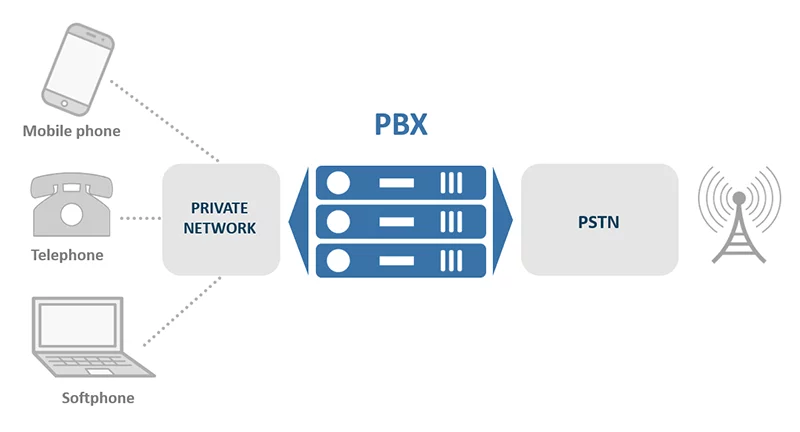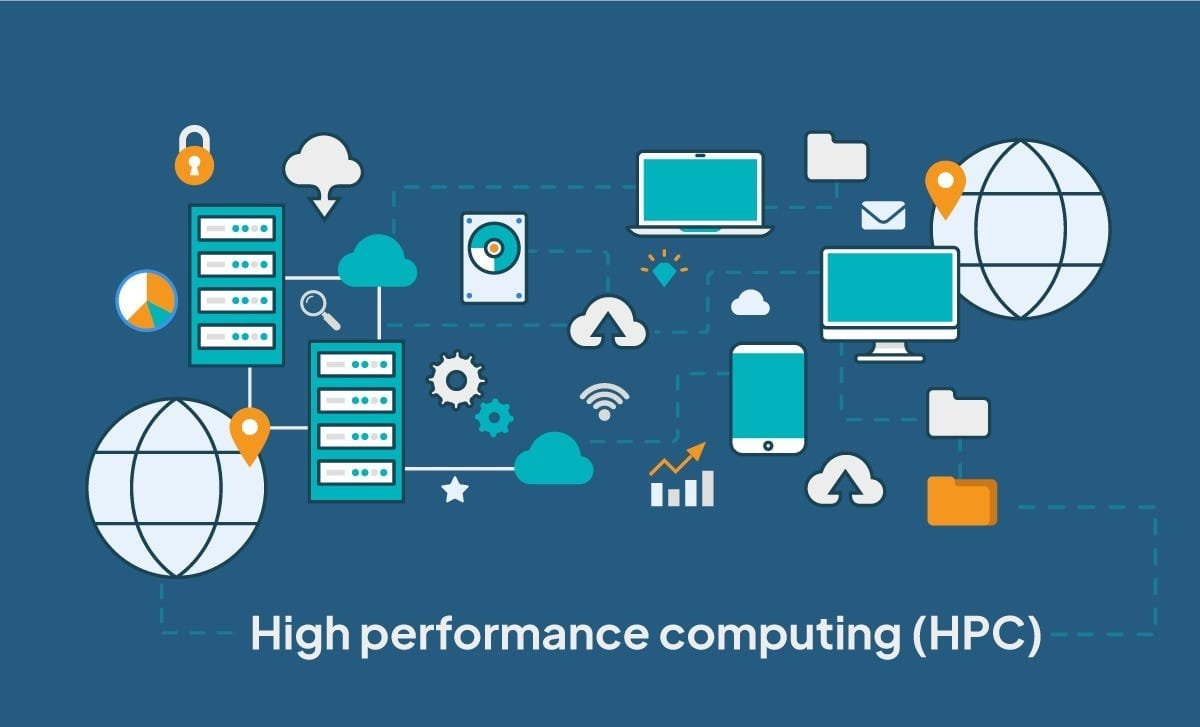We are all aware that the web is constantly changing. Whether for good or for bad but there is always something new going on. And one of the latest changes causing a lot of disturbance is Google’s announcement to phase out third-party cookies. After almost three decades in use, everything indicates that cookies are soon to be a thing of the past. This may come as a surprise, as many companies rely on cookies to track consumers’ online behavior. However, third-party cookies have been among major privacy concerns for years already.
Are cookies going to be a thing of the past
With all the online privacy questions and issues considered lately, some companies are already stepping up to find an appropriate solution. Apple is using its ITP (Intelligent Tracking Prevention) to block third-party cookies. And Mozilla has ETP (Enhanced Tracking Protection) doing the same for its Firefox browser. Brave is already known as one of the most tracking-unfriendly browsers, and others are slowly joining the club. As for Google, even though they are changing their focus on a better user experience, probably one of the primary reasons is the fear of being left behind. This is especially true since the European GDPS and California Consumer Privacy Act are placing their eyes on this type of issue.
What does this mean for internet users?
We can roughly divide all the internet users into two groups: providers and consumers. As they are fundamentally different, these changes will not affect them in the same way.
Most businesses use cookies to track user behavior, improve online presence, and plan their marketing strategies, intending to eventually convert them into regular customers. The absence of third-party cookies will be a problem because it may directly affect the income. It will also demand a keen eye for spotting digital marketing mistakes. As a business owner, you will need to place additional effort into planning to prevent errors in your strategy and find alternative solutions to gain insight into user information.
On the other side, regular internet users may see this as a chance to increase their privacy. They regain control over their private information, decide who has access, and choose to block or delete this information. At least on paper, this seems like a winning combination for them.
In reality, however, everybody already knew this was going to happen one way or another. Something as important as shaking the marketing approach for many businesses can’t come suddenly and without notice. Given these points, many companies are already working on other means to gather user information. We are yet to see if new tracking methods will be better or it will be something else.
What exactly are cookies?
Cookies are known by several names, but mostly as “browser cookies”. In general, these are small textual files in your browser that can save specific information inside. In most cases, they create a unique user ID by using your IP address. And may collect information like browsing history, online habits, login information, and many others. Their initial goal was to improve the online experience for internet browser users. If we look a little deeper, we will see there are two types of cookies:
- First-party cookies – controlled and only accessible by the website you visit. For example, your login session or shopping cart information.
- Third-party cookies – controlled by the third side on a website you are visiting to collect data, for example, for advertising purposes.
Generally speaking, their task is to track visitors and collect different information to help websites provide a personalized quality online experience. But also to better understand the browsing habits outside of the initial website. And this is the questionable part.
Why are cookies going away?
For marketers, cookies are one of the most useful tools. The ability to track and target potential audiences is valuable for every business. Even though cookies seem discreet, users have no actual control over what information is collected. Better yet, even if you do manage to block or delete them, the information they acquire is already stored on servers. In truth, the average user doesn’t have enough information about how and what cookies are used for and is not given the option to choose not to use them. This lack of transparency and effort to educate users has led to the situation that cookies, especially third-party cookies, have to go away. That’s why privacy legislation from the EU and California are trying to bring back control over the information to the users.
How to prepare for this?
When cookies become a thing of the past, businesses and online advertising will be the most affected. As one of the most important tools to gather critical information about user behavior, their absence will certainly be noticeable. However, not everything is completely changing. The thing is, while third-party cookies are becoming obsolete, first-party cookies are staying for now. In addition, this might be a perfect opportunity to apply some of the long considered strategies that are originally even more effective. Maybe Google doesn’t always reveal both sides of the coins, but they are definitely going in the right direction by focusing on user experience. It’s worth considering the same approach when looking for different ways to engage with your potential customers.
Alternative solutions
There are many alternatives to strategies that rely heavily on cookies. One of the major ideas is to provide relevant and high-quality content and experience. Don’t forget that cookies are not the only way to collect user data and analyze customer behavior. And in essence, it’s not even the most effective. It’s only the fact that the data was so easily accessible that led to so much reliance on cookies. Nevertheless, here are few other strategies that can be equally effective:
- Focusing on first-party cookies – because they will be privacy-friendly and can provide more impactful information about users.
- Contextual marketing – observing the context and the keywords and serving ads based on current activity. Not on overall behavior profile like before.
- People-based targeting across multiple devices – with user consent, you can get the right information and use it for your marketing and business efforts.
- Data collection through interaction – usage of advanced CRM systems and improved customer service to collect information from direct communication with customers. It can be via phone, chat, or other means.
The best part about these methods is that some are an excellent opportunity to collect online and offline behavior information.
With all the privacy concerns and changes, everything definitely implicates that cookies are soon to be a thing of the past. However, tracking and data collecting will never go away. But, the user will feel more satisfied and safe if the changes offer them transparency, more control, and an option to opt-out. Whether you have a simple brick-and-mortar business or a marketing agency, the absence of third-party cookies might be the beginning of a better relationship with potential customers.

As an experienced marketing consultant and writer at Digital Dot New York, Jonathan Blake spends his time writing about tech, SEO, management, and other business-related news. When outside of the office, he likes spending hours outdoors – enjoying beautiful views.















Leave a Reply